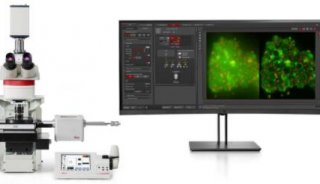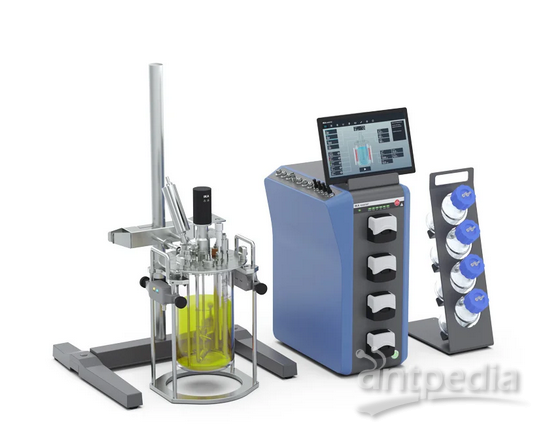B Cell Receptor Complex

B cells produce immunoglobulins (Ig, antibodies) that specifically bind antigen molecules. B cells first produce a membrane-bound form of immunoglobulin, the B cell receptor, as part of B cell differentiation. Each B cell expresses one immunoglobulin but the population of B cells in each individual display a wide variety of antigen specificity, with each cell expressing Ig on its surface as part of the B cell receptor complex. When the B cell receptor binds to antigen, it initiates a signal through other proteins non-covalently associated with it in the B cell receptor complex, the Ig-alpha (CD79a) and Ig-beta (CD79b) chains. The signal initiated by binding of antigen to the B cell receptor complex causes growth and proliferation of the B cell and the creation of an amplified clone of effector cells that secrete the antigen-specific immunoglobulin. Activation of the B cell receptor by antigen also results in the production of memory cells that persist in circulation to produce a more rapid immune response after future challenges by the same antigen.
Contributor: Glenn Croston, PhD.
REFERENCES:





















